All Stories
-
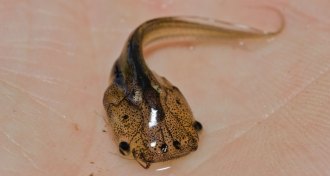 Health & Medicine
Health & MedicineFrom day one, a frog’s developing brain is calling the shots
Frog brains help organize muscle and nerve patterns early in development.
-
 Health & Medicine
Health & MedicineTelling children they’re smart could tempt them to cheat
Kids who were praised for being smart were more likely to cheat, two studies suggest.
-
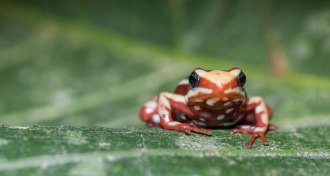 Environment
EnvironmentThe way poison frogs keep from poisoning themselves is complicated
Gaining resistance to one of their own toxins forced some poison dart frogs to make other genetic tweaks, too.
-
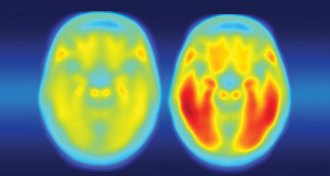 Neuroscience
NeuroscienceGene variant linked to Alzheimer’s disease is a triple threat
A genetic risk factor for Alzheimer’s disease works on multiple aspects of the disease, researchers report.
-
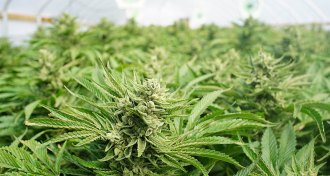 Psychology
PsychologyConfusion lingers over health-related pros and cons of marijuana
50 years ago, the effects of chronic marijuana smoking on mental health were hazy. They still are.
By Bruce Bower -
 Earth
EarthPlate tectonics started at least 3.5 billion years ago
Analyses of titanium in rock suggest plate tectonics began 500 million years earlier than thought.
-
 Earth
EarthPlate tectonics started at least 3.5 billion years ago
Analyses of titanium in rock suggest plate tectonics began 500 million years earlier than thought.
-
 Astronomy
AstronomyUltrahigh energy cosmic rays come from outside the Milky Way
The biggest cosmic ray haul ever points toward other galaxies as the source of the rays, not our own.
-
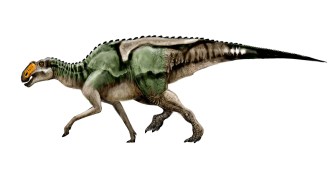 Paleontology
PaleontologyShhhh! Some plant-eating dinos snacked on crunchy critters
Scientists studying dinosaur poop found that some duck-billed dinos cheated on their vegetarian diets by snacking on crustaceans.
-
 Earth
EarthIntense storms provide the first test of powerful new hurricane forecast tools
From Harvey to Maria, this year’s powerful hurricanes are giving scientists’ latest forecasting tools a trial by fire.
-
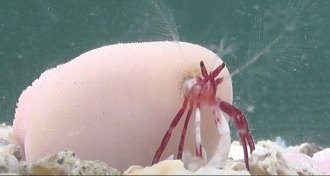 Animals
AnimalsThis newfound hermit crab finds shelter in corals, not shells
A newly discovered hermit crab takes its cue from peanut worms and uses walking corals as a permanent shelter.
-
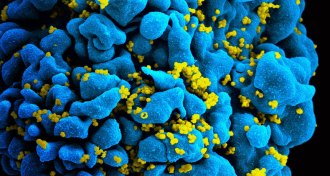 Health & Medicine
Health & MedicineBy ganging up, HIV antibodies may defeat the virus
A duo or trio of powerful antibodies was effective at stopping an HIV-like infection in lab monkeys, two studies find.